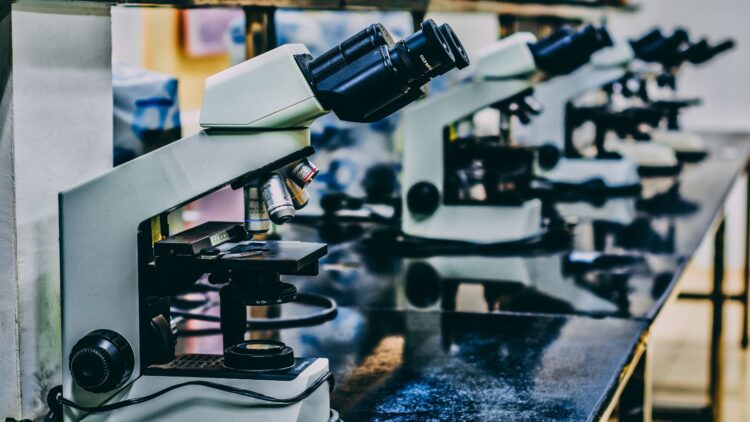While one particular disease has dominated headlines around the globe for two years now — with good reason — that doesn’t mean that others have simply gone away. And it doesn’t mean that the fight against those other diseases have stopped, either.
Now, researchers in the U.S. believe they’ve made a huge breakthrough in the decades-long fight against HIV/AIDS, using a novel treatment to seemingly cure a woman of the virus for the first time, NBC News reported.
The number of people who have successfully fought off the virus remains vanishingly small.

Since HIV/AIDS emerged in the ’80s, three men have been cured of the disease, the first being American Timothy Ray Brown, who was declared cured in 2008 after receiving a stem cell transplant from a donor with a rare genetic abnormality that provides resistance to HIV to the cells the virus targets. The same treatment has worked on two other people, but has also failed numerous times.
The patient in this most recent case received a similar treatment, but with a twist.

Instead of a stem cell transplant from a genetically ideal donor, the woman, referred to as the “New York patient,” first received umbilical cord blood before a larger dose of adult stem cells the next day.
Following the treatment, the New York patient has reportedly been off her HIV medications and treatments for 14 months with no signs of the virus having returned. Although researchers are aware of two other women whose own immune systems, she is the first woman to have been successfully treated for HIV/AIDS.
While the researchers are hesitant to call this treatment a “cure,” they’re optimistic more patients can benefit from it.

“We estimate that there are approximately 50 patients per year in the U.S. who could benefit from this procedure,” Dr. Koen van Besien of Weill Cornell’s stem cell transplant program told NBC News.
The hope is that repeated victories over the virus will ultimately turn the corner on the decades-long fight. “It’s important that there continues to be success along this line,” Carl Dieffenbach, director of the NIAID’s AIDS division, told NBC News.
h/t: NBC News , The New York Times

















































